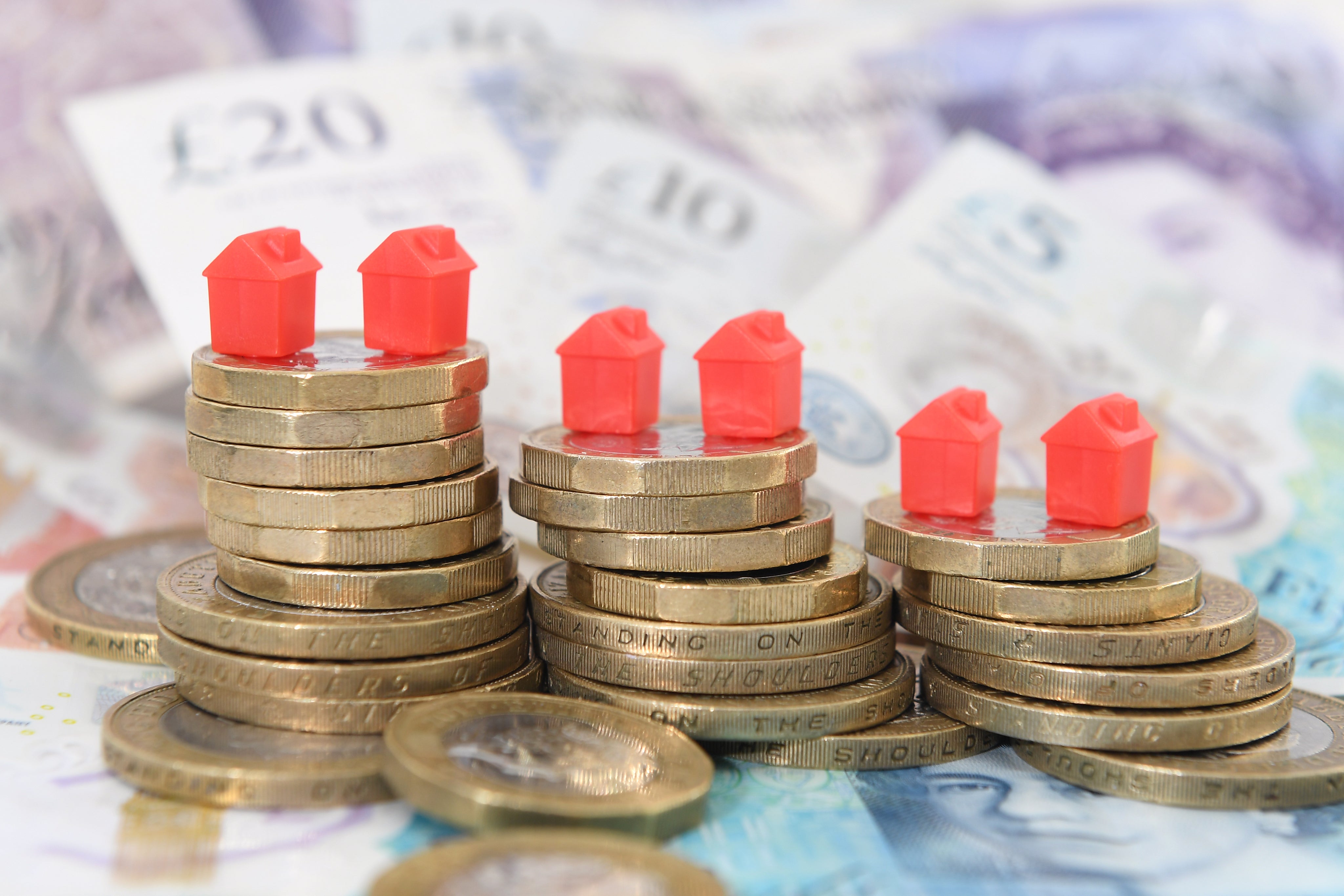Be prepared for soaring mortgage costs, warns OBR
Borrowers face biggest rise in interest rates since the financial crisis

Buried deep in last week’s avalanche of Budget paperwork was a stark warning to the UK’s millions of homeowners with outstanding mortgages – be prepared for a big leap in mortgage costs.
Figures show the Office for Budget Responsibility – the public body responsible for ensuring independent economic forecasting and analysis of the public purse – expects the interest rate on UK mortgages to hit 14.8 per cent by the second quarter of 2023.
The Liberal Democrats have warned the rise is the biggest threat to homeowners since the 2008 financial crisis, and could see families struggling to make ends meet with rising inflation, council tax hikes and mortgage costs all hitting at the same time.
“This Conservative chancellor has created the perfect storm,” argues the leader of the Liberal Democrats, Ed Davey, adding that he believes this is now the worst time in a generation to be a homeowner.
“British homeowners face the toxic cocktail of interest rate rises, house prices surges and council tax hikes just around the corner.
“This ghastly forecast should send a shiver down the chancellor’s spine. The way he brushed off the cost of living crisis in the Budget was careless and completely out of touch with the country. If he can’t get a grip on this cost of living crisis, how on earth is he going to cope with a mortgage crisis?”
The rise would mean someone with £250,000 of borrowing who agreed a fixed rate earlier this year – at especially low rates – and renewed two years later would see costs rise by £600 a year, while someone with borrowing of £450,000 would see costs hike by almost £1,100 a year.
Those currently on the average variable rate of 2.4 per cent with a £250,000 mortgage will need to find almost £700 more, while borrowers of £450,000 would need to find another £1,260.
“To put that into context, for a basic rate taxpayer that’s an additional £2,000 of earnings they’d need to have to pay a £1,260 increase in their mortgage bill, after tax,” says Laura Suter, head of personal finance at investment platform AJ Bell.
“Rising mortgage costs will come on the back of increasing interest rates from the Bank of England. The clock is ticking on the record low mortgage rates we’ve all become accustomed to, and first-time buyers are likely to feel any rise in mortgage interest rates the most,” she adds.
“Some have borrowed up to their affordability limit to get onto the property ladder, and so will find additional monthly costs harder to swallow. First-time buyers also typically have a higher loan-to-value, or lower deposit, meaning they have more borrowing on the average property and already have higher mortgage rates.”
Fixing at this stage makes sense for those who believe the OBR forecast will indeed play out in the coming two years. But it won’t pay to hang around as mortgage rates will start to edge up the closer any rate rise gets.
In a consistently increasing rates environment, the longer you fix, the longer you can lock in today’s low rates. However, homeowners need to be careful when thinking about any long-term fixes, Suter warns.
“While a long-term fix will give you certainty over what you’ll pay, and you won’t be caught out by any shock increases, the payoff is that you’ll pay a higher interest rate now than for a shorter-term fix – so you need to be fairly confident that rates will rise during that 10 years,” she says.
“But with mortgage rates so low at the moment, there’s never been a better time to get a longer-term fix.
“It’s not easy to get out of a mortgage and it usually comes with a hefty price tag attached, so you need to be pretty certain you’ll be staying put for the next 10 years. Most fixed-term mortgages have an early repayment charge, which you have to stump up if you want to end the deal early.”
Typically, this is a percentage of the amount you have outstanding on the loan, and generally it’s a higher fee the longer you fix for, even if a sliding scale applies. In other words, there could be a serious bill if you want to get out before the end of the term.
Davey’s solution is broader, though. “People who work hard and play by the rules deserve a fair deal,” he says. “Enough is enough, it is time to scrap the tax hikes, solve this cost of living crisis and defuse this ticking mortgage timebomb.”
Join our commenting forum
Join thought-provoking conversations, follow other Independent readers and see their replies
Comments
Bookmark popover
Removed from bookmarks